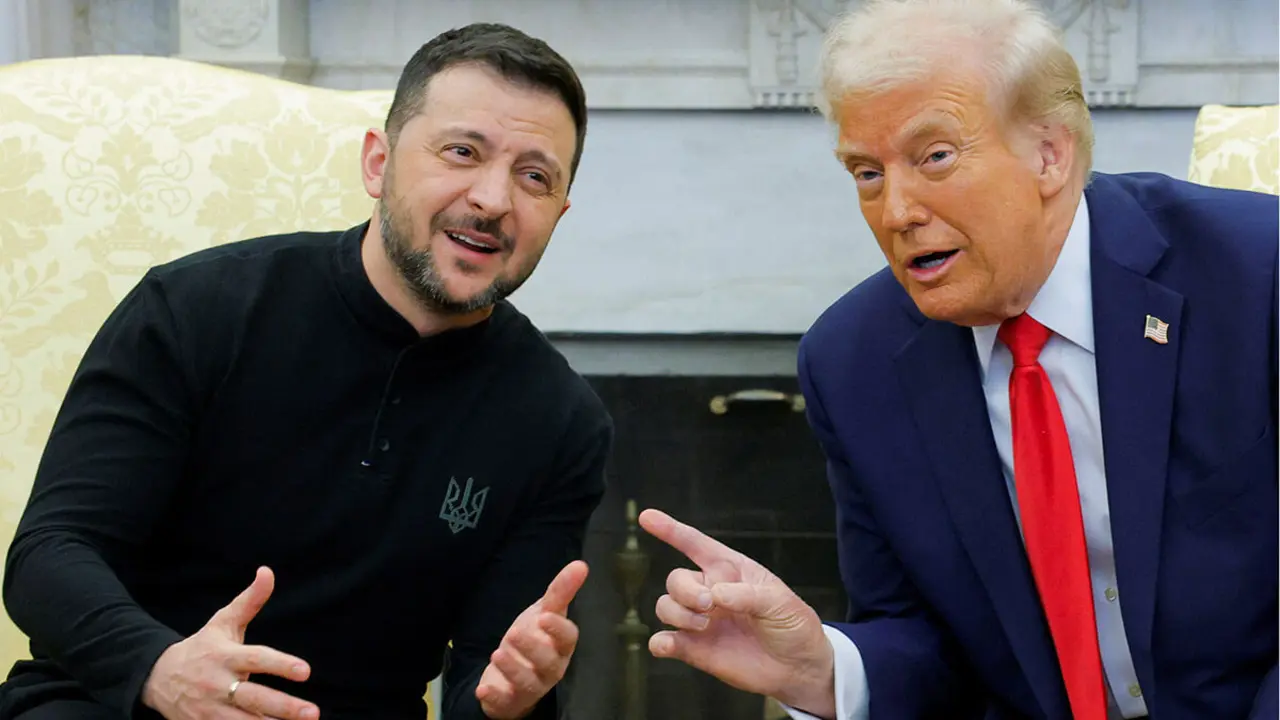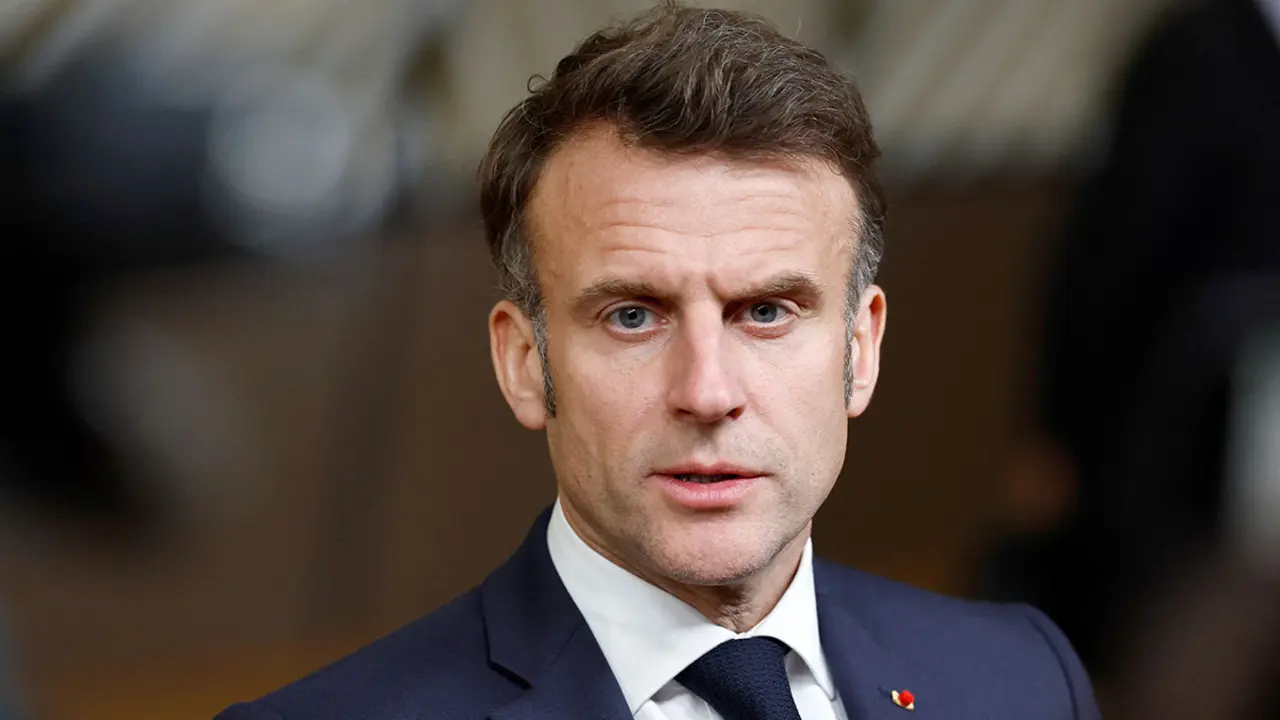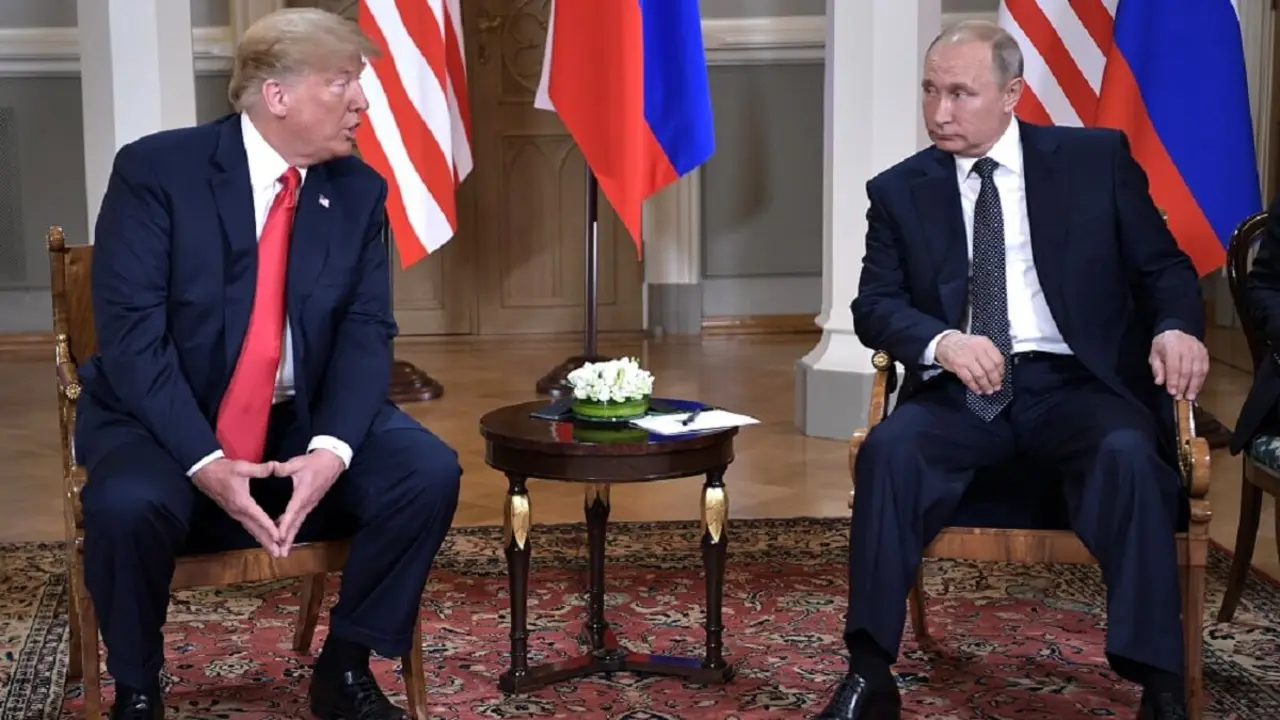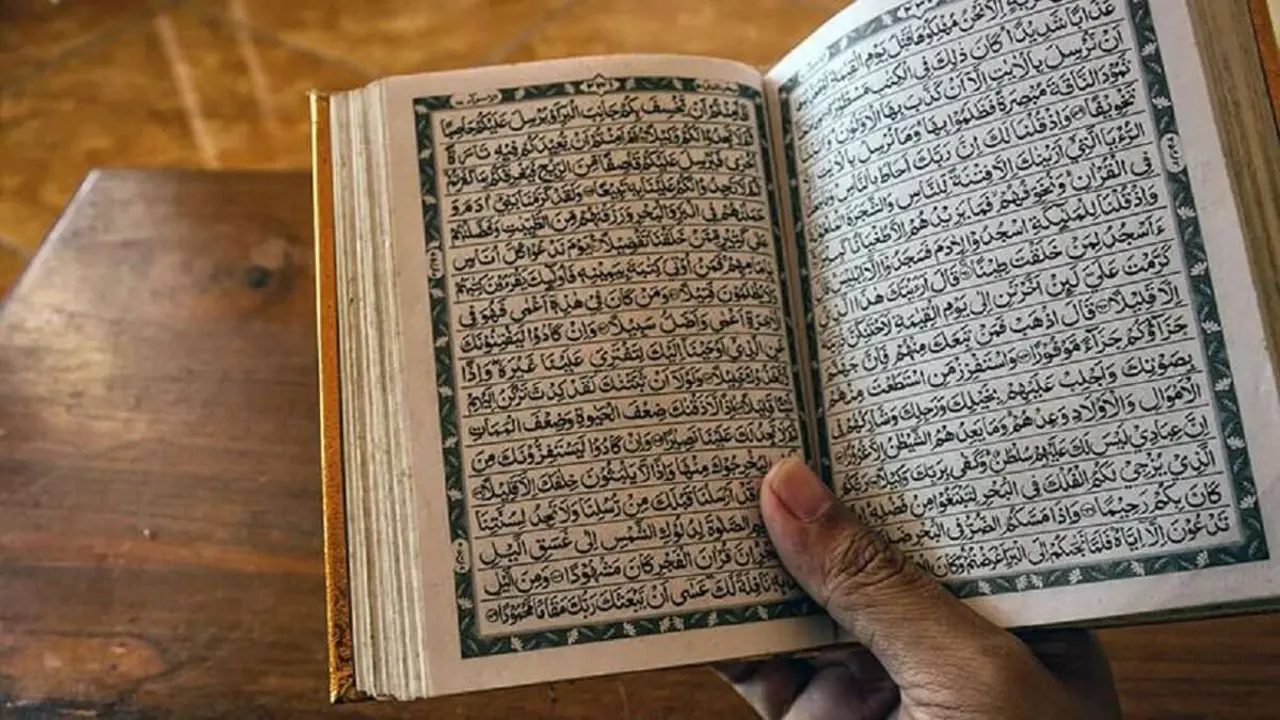US sending cluster bombs to Ukraine strains ties with Russia

The United States has embarked on a path that Russia sees as leading to "a new world war". Washington's supply of cluster bombs - banned in 108 countries around the world thanks to the 2008 Convention on Cluster Munitions - represents a significant change in the war. Washington claims that Kiev does not have enough ammunition to continue defending itself and that the US has no more "conventional ammunition" with which to help the country led by Volodymir Zelenski. A controversial decision in the eyes of the international community, but one that NATO, through its Secretary General Jens Stoltenberg, has not hesitated to support.
Stoltenberg, who was one of the prime movers behind the Convention on Cluster Munitions when he was prime minister of Norway, argues that each country is free to supply the weaponry it deems appropriate in order to defend Ukraine's territorial integrity: "A number of allies have signed the convention and others haven't. It's an individual decision to decide on the delivery of the weaponry. It is an individual decision on whether to provide this military assistance to Ukraine. It is a matter for the governments, not the alliance". US Secretary of State Antony Blinken has explained the new $800 million - 730 million euros - aid package to be sent by his country and emphasised that cluster bombs will be part of the package, which he says are "highly effective and safe".

Russia, on the other hand, has made no secret of its indignation at the delivery of the material, recalling how the Americans themselves have in the past described its use as "a war crime". Anatoli Antonov, the Russian ambassador to Washington, said on the embassy's Telegram account that "the deep involvement of the United States in the conflict in Ukraine, even without cluster munitions, has never been in doubt". He added that "the current level of US provocations is truly off the scale and brings humanity closer to a new world war", referring to the announcement of cluster bombs being sent to Ukraine.
He believes "the obsession with the idea of defeating Russia" is clouding the judgement of the US, which "does not realise the seriousness of its actions". Moscow accuses the White House of perpetuating the war, claiming that US aid is "causing more casualties and prolonging the agony of the Kiev regime". Antonov sees the cluster bombs as a symptom of "desperation" on the part of Ukraine's Western allies, and believes that, despite this aid, "Western weapons will in no way stand in the way of achieving the goals of the special military operation aimed at eradicating threats to the security of the Russian Federation, including the Russian Federation".

Naturally, Ukraine praised the cooperation of Joe Biden's country in what Zelenski said was "a great moment, a great opportunity to show the Alliance's courage and strength". He emphasised the fact that Washington is making both concrete and forceful moves. The Ukrainian President believes that his country "needs this motivation". He also shows that he is on good terms with NATO, which has decided not to interfere in this decision, given that Stoltenberg says that, beyond aid to Ukraine, "the best way to stop this suffering and these casualties is for Russia to stop the war".
The US announcement, despite having the backing of the Atlantic Alliance and, of course, its Ukrainian beneficiary, has met with some reluctant voices in the bulk of the European Union. In addition to associations such as Human Rights Watch, Germany has taken a stance against the delivery of US cluster bombs precisely because of the 2008 agreement. This material is particularly dangerous because, once they fall, they release a large number of small munitions, not all of which explode. Those that do not explode become anti-personnel mines, which led a large number of states to agree to ban them, despite which they will be on the ground in Ukraine.
Americas Coordinator: José Antonio Sierra.








